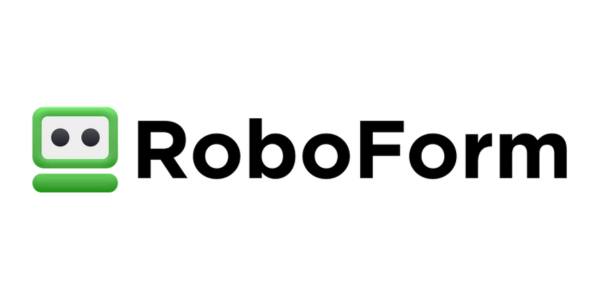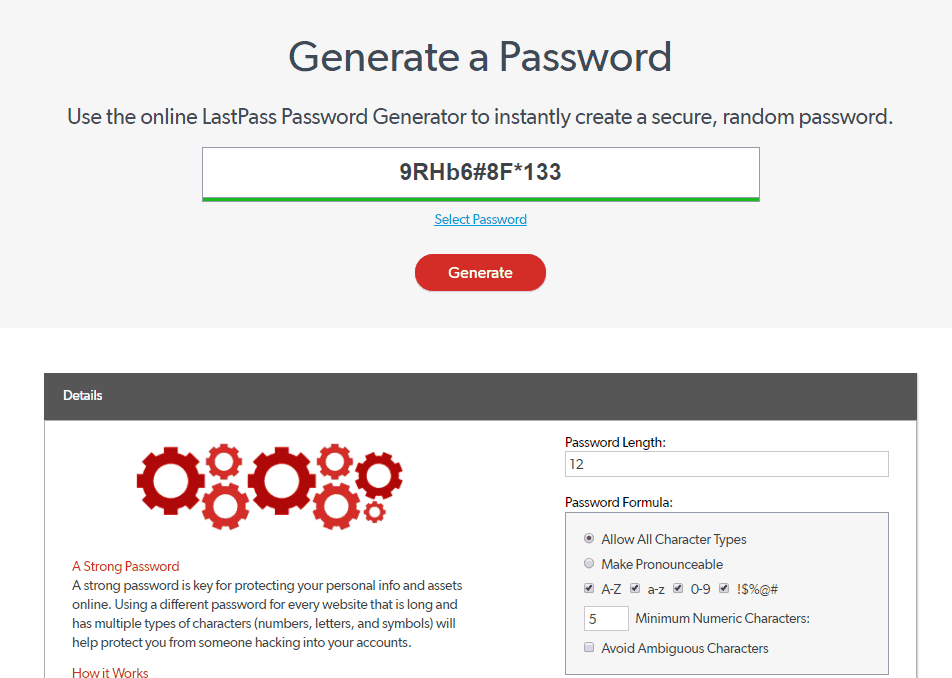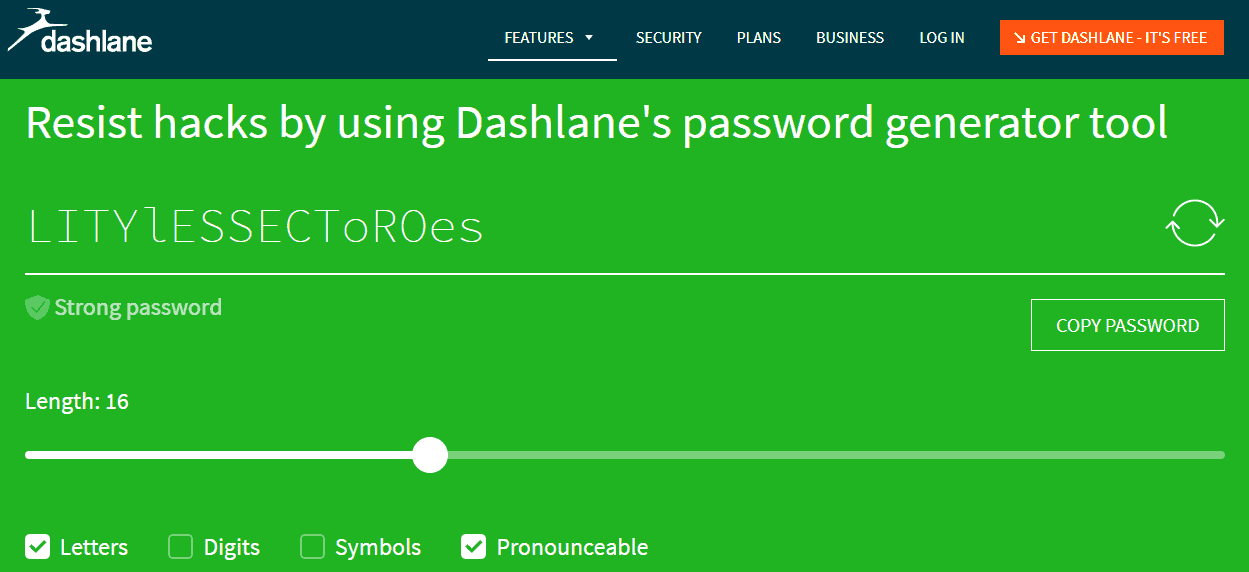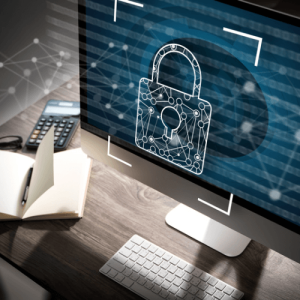 The short answer is yes, it’s safer to have a password created by a generator than to use one that even a mediocre hacking tool could crack. However, the longer answer requires a more in-depth explanation.
The short answer is yes, it’s safer to have a password created by a generator than to use one that even a mediocre hacking tool could crack. However, the longer answer requires a more in-depth explanation.
Using a password generator is one of the best ways to ensure optimal account security. While some online generators like RANDOM.ORG only let users customize the length of their new passwords, others like PasswordsGenerator.net allow the inclusion or exclusion of various characters and even provide tips on how to independently create strong passwords.
The greatest advantage of these online services is that they are free. However, unlike password generators included in paid software packages, online password generator tools are not completely flawless.
The Risk of Online Password Generators
Although randomly generated passwords are unique and difficult to guess, there’s no guarantee that the online generator isn’t keeping a copy of the new password. This means users may unknowingly end up providing access to all their accounts.
In addition, the online tool may well be using the HTTPS communications protocol that most secure sites do, but this is far from bank-level encryption. So if the password generator’s site is compromised, then your passwords may be too. Moreover, many websites offer to store generated passwords in encrypted databases for users. This may sound advantageous at first but will only tempt cybercriminals to hack the database, which may result in them stealing millions of passwords in one go.
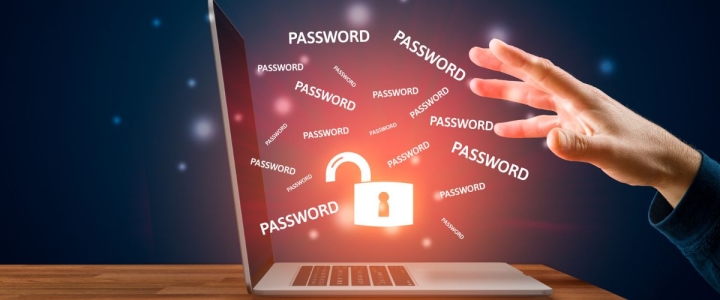
If that doesn’t hammer home the risk of using online password generators, RANDOM.ORG actually discourages using these free tools to create passwords. However, it suggests that if users do, it’s best to avoid applying these passwords to accounts containing highly sensitive data.
How To Keep Online Generated Passwords Safe
Obviously, users don’t have to avoid online password generators entirely. There are various ways to keep generated passwords safe, starting with surfing the internet in incognito mode to prevent the web browser from automatically saving user data.
An even better solution is to use free online password generators provided by password managers, such as LastPass or Dashlane. Not only do these services offer all the benefits of a regular online password generator, but they also guarantee that neither the internet service provider nor the software developer is storing your new password.
Randomly generated passwords are definitely harder to crack than those created by users themselves. However, hackers are always seeking holes in security and malware is constantly becoming more evasive, so it’s important to use powerful cybersecurity tools like password managers to keep personal data safe. As the saying goes, prevention is better than cure, meaning users shouldn’t wait until the damage is done to secure their passwords.
Best Password Managers of 2024
| Rank | Provider | Info | Visit |
1
|
Editor's Choice 2024
|
|
|
2
|
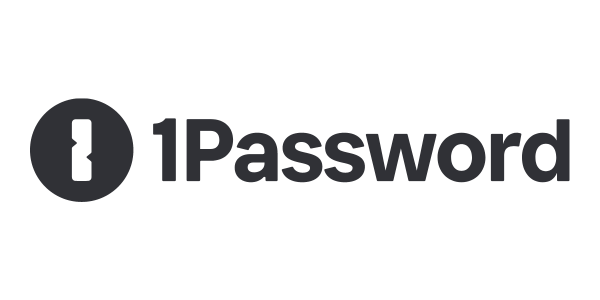 |
|
|
|
3
|
|
More FAQs
- How Does a Password Manager Work?
- How Often Should I Change My Passwords?
- Is a Password Manager Safe?
- Is a Password Manager Worth It?
- Is it Safe to Use Random Password Generators?
- Is It Secure to Save Passwords in My Browser?
- Should I Use a Password Manager?
- What Is a Password Manager?
- What Is Dark Web Monitoring?
- What to Do If Your Password Manager Is Hacked?
- Which Password Manager Should I Use?
- Which Password Managers Have Been Hacked?
Get the Best Deals on Password Managers
Subscribe to our monthly newsletter to get the best deals, free trials and discounts on password managers.
